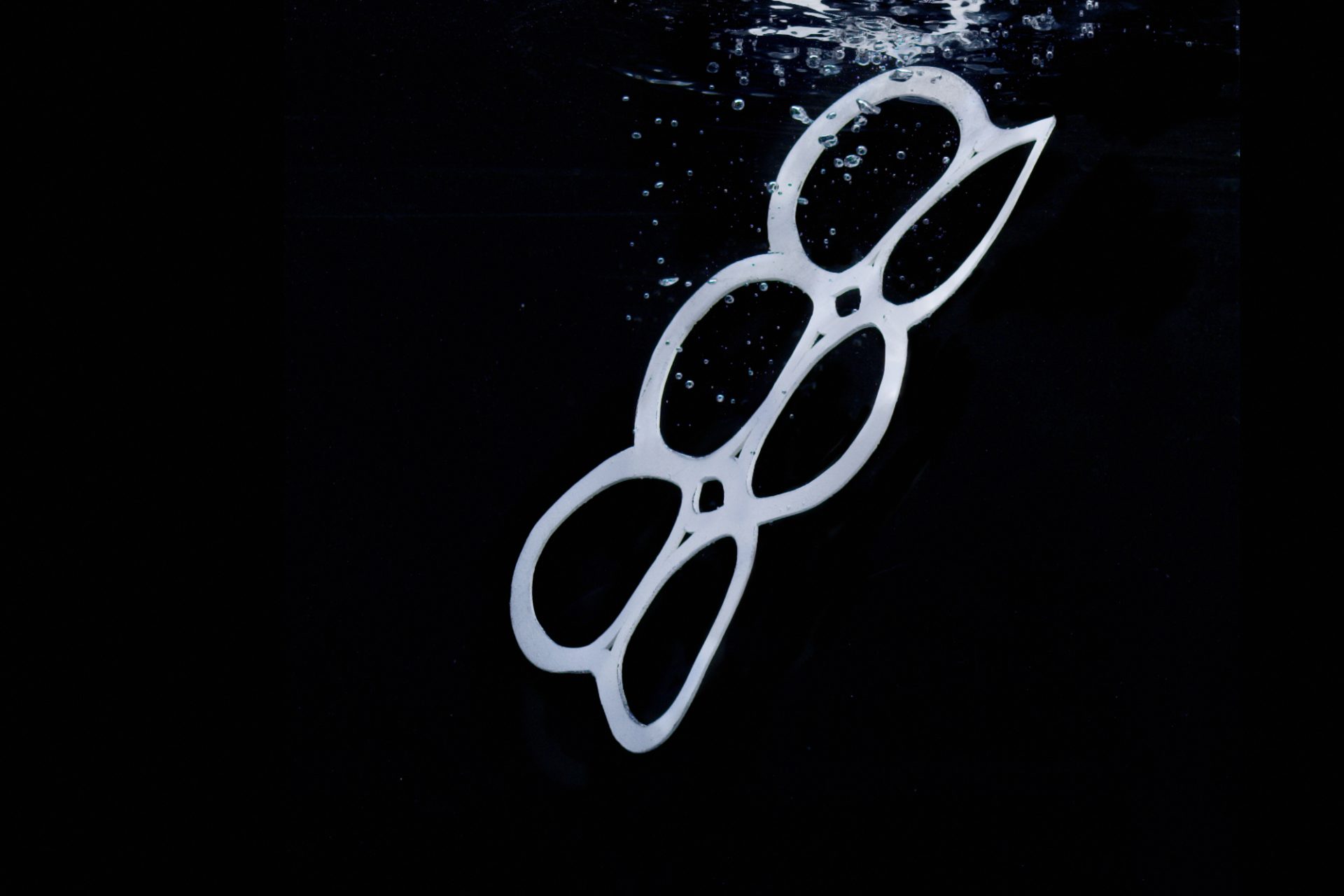Want to boost your health? Try a cold shower!
A growing amount of research suggests that cold showers or cold dips can have powerful effects on both mental and physical health. It’s an ancient practice becoming increasingly trendy. While scientists say more research is still needed, early investigations show great promise. Here's what's known so far...
A European Journal of Applied Physiology study found immersion in cold water boosted noradrenaline concentrations by 530% and dopamine by 250% in young men. Research suggests those hormones stimulate motivation, reward, and even reduce inflammation.
Stanford professor Anna Lembke prescribes cold-water therapy for patients suffering from addiction or drug withdrawal because she says it replaces the dopamine hit induced by their drug of choice. However, with cold showers, there is no dopamine crash like with nicotine or cocaine.
Image: Abdullah Ali / Unsplash
By taking a cold shower in the morning, the rush of chemicals can sharpen mental acuity and alertness, according to Stanford professor Andrew Huberman. He recommends cold showers earlier in the day to avoid the buzz before bed, which could disrupt sleep.
Photo: Anastasiia Chepinska/ Unsplash
A larger trial is ongoing, but smaller studies suggest that cold water is a promising treatment for depression and anxiety. A 2018 British study described a young woman who no longer needed medication after four months of cold swimming.
Even if not depressed, a 2020 British study found outdoor swimming in cold water "had acute and chronic reductions in negative mood, increases in wellbeing and acute increases in positive mood" compared to a control group.
Photo: Tim Mossholder/ Unsplash
A study in ‘Endocrine Society’ found that long-term mild cold exposure can stimulate brown fat growth. The researchers suggest that more brown fat can lead to a higher metabolism (weight loss) and improve insulin sensitivity. Plus, warming up the body also burns calories.
Photo: I Yunmai / Unsplash
A 2022 paper in ‘Sports Medicine’ said cold water immersion is "an effective recovery tool after high-intensity exercise." Positive outcomes were seen for improving muscular power, muscle soreness, creatine kinase, and perceived recovery 24 hours after exercise.
A Dutch study with 3,000 participants found that people who took a short cold shower (after a warm shower) for a month, were off work with sickness 29% less than the group that took only warm showers.
A Czech study from 1996 found that repeated one-hour immersion in 14C (57F) water "activated the immune system to some extent" in healthy young men.
This method, which includes breathing exercises and cold immersion, was tested in the Radboud University lab in The Netherlands. Scientists injected 12 Wim Hof practitioners with an endotoxin that usually leads to negative symptoms. However, practitioners saw mild symptoms and greatly reduced inflammation compared to the control group.
Photo: Iceman_hof / Instagram
The Wim Hof study said the results have potentially important implications for "conditions associated with excessive or persistent inflammation, especially autoimmune diseases." Another 2019 proof-of-concept study of the method in patients with arthritis found promising results and said it warrants a full-scale randomized control trial.
A 2020 study in the ‘International Journal of Sports Medicine’ found that athletes who did cold water immersion after exercise had increased blood flow to and from their muscles after four weeks.
A 1999 German study found that cold water applied locally to the face and neck of healthy elderly volunteers made major changes in some biomarkers, suggesting that cold water can help to improve cognitive function in the elderly.
Rinsing hair with cold water at the end of a shower can leave hair stronger, glossier and healthier, according to Vogue. How? By closing the cuticles.
Stanford neuroscientist Andrew Huberman says incorporating cold showers boosts "top-down control" and is "excellent training for the mind." This kind of challenge can boost grit, and resilience and decrease impulsivity.
Cold water can work wonders for the skin: decreasing inflammation and reducing puffiness, improving the appearance of the skin tone, minimizing the appearance of enlarged pores, and improving superficial wrinkles, cosmetic dermatologist Michele Green told Insider.
Harvard scientist David Sinclair hypothesizes that cold exposure is good for humans because our ancestors lived outdoors in fluctuating temperatures. The artificial comfort we live with today erodes our metabolism by not challenging it as much as it should be.
Huberman suggests incorporating 11 minutes of cold exposure per week, with 2-4 sessions lasting 1-5 minutes each. He says the water should be uncomfortably cold but safe enough to stay in for a few minutes. The Wim Hof method is another place to start.
Most people’s minds will resist getting into a cold shower and want to jump out as soon as possible. To begin, Huberman suggests counting walls. Then, every time your mind screams to stop, he suggests measuring progress compared to the beginning. For example, start with overcoming three walls, then move up to five.
Although cold showers are generally safe, speak to your doctor before changing routines. MedicalNewsToday says people with weaker immune systems or serious heart conditions, such as congestive heart failure, should exercise caution because sudden changes to body temperature and heart rate may overwhelm the body.
More for you
Top Stories


































